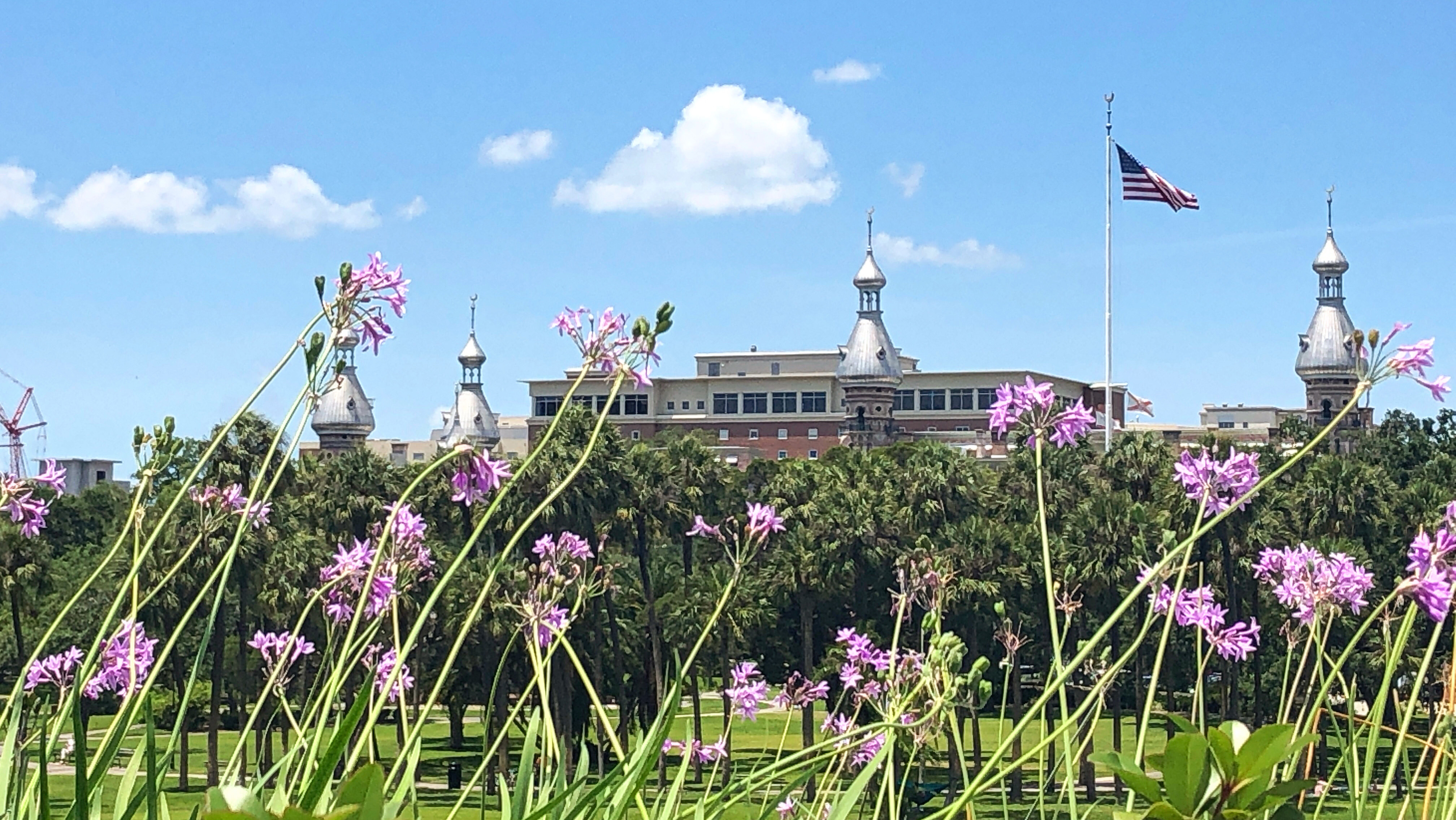Contact us
401 W. Kennedy Blvd.
Tampa, FL 33606-13490
(813) 253-3333
Amy Lien, assistant professor of physics and astronomy at The University of Tampa, recently received a two-year, $233,768 grant from NASA to study gamma-ray bursts.

“The goal of this grant is to enable collaboration between primarily undergraduate institutions and NASA,” said Amy Lien, assistant professor of physics and astronomy at The University of Tampa. “(It) provides a unique opportunity for students and faculty to work with Goddard scientists and explore the mysterious origins of gamma-ray bursts.”
Amy Lien, assistant professor of physics and astronomy at The University of Tampa, recently received a two-year, $233,768 grant from NASA to study gamma-ray bursts.
“The grant will allow us to strengthen and further expand our collaboration with the NASA Goddard Space Flight Center,” said Lien, the principal investigator on the project. Along with fellow faculty members Denija Crnojevic, assistant professor of physics and astronomy, and Simon Schuler, associate professor of physics and astronomy, Lien will collaborate with scientists at Goddard on studying gamma-ray bursts with machine learning, space telescopes and citizen science. The grant also will allow for two students to visit Goddard, outside of Washington, D.C., and perform research there for 10 weeks.
“The goal of this grant is to enable collaboration between primarily undergraduate institutions and NASA,” said Lien. “(It) provides a unique opportunity for students and faculty to work with Goddard scientists and explore the mysterious origins of gamma-ray bursts.”
Lien launched the Burst Chaser project in January at the American Astronomical Society meeting in New Orleans with the goal of learning more about how gamma-ray bursts are caused. The project is supported by NASA's Citizen Science Seed Funding Program.
Gamma-ray bursts occur millions of light years away and, since light travels at a finite speed, it means that astronomers are actually looking back in time and observing what happened
billions of years ago in the universe. Therefore, the bursts are powerful tools for studying the early universe and how it has evolved.
For more information, contact Lien at alien@ut.edu.
More UT News